National Science Foundation funds will help PolArctic forecast climate change and impacts on fisheries
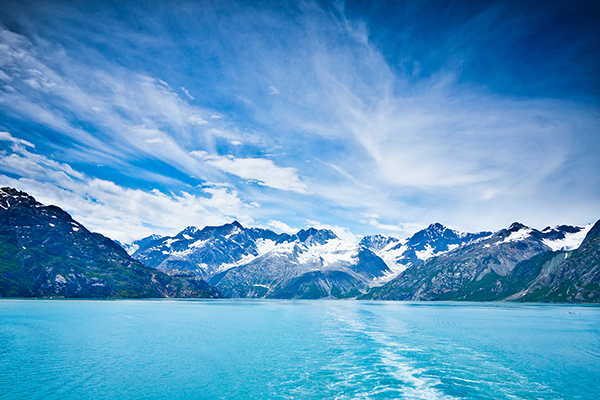
Oceanographic and data science company PolArctic – a Yup’ik, woman, and disabled veteran-owned small business – announced that it was awarded U.S. $1 million by the National Science Foundation through a non-dilutive Phase II Small Business Innovation Research (SBIR) award.
The company, founded in 2018, will develop a “digital twin” of the North Pacific Ocean to understand and prepare for the impacts of climate change on fishery stocks across Alaska.
“With the ability to optimize the parameters for all use cases, from subsistence activities to commercial fisheries, this project will advance the national health, prosperity and welfare of Alaska and Arctic communities by providing tailored information to establish local and sustainable fisheries,” said Leslie Canavera, CEO and co-founder of PolArctic LLC.
With the recent snow crab population crash, salmon disasters on the Yukon and Kuskokwim, and documented habitat change due to the loss of sea ice and warming ocean temperature, this work is timely for Alaska’s communities and seafood industry.
PolArctic’s digital twin product will weave together multiscale information such as traditional indigenous knowledge, scientific measurements and satellite data to create a holistic picture of ongoing climate variability and change. With advanced AI and agent-based modeling, PolArctic intends to account for the dynamism and complexity of marine fisheries by modeling ocean entities as individual agents, replete with their own characteristics and behaviors in various environments.
This approach will enable PolArctic to simulate various interactions within the environment, to include emergent phenomena such as acidification, temperature changes, and predator and prey interactions.
Follow the Advocate on Twitter @GSA_Advocate
Now that you've reached the end of the article ...
… please consider supporting GSA’s mission to advance responsible seafood practices through education, advocacy and third-party assurances. The Advocate aims to document the evolution of responsible seafood practices and share the expansive knowledge of our vast network of contributors.
By becoming a Global Seafood Alliance member, you’re ensuring that all of the pre-competitive work we do through member benefits, resources and events can continue. Individual membership costs just $50 a year.
Not a GSA member? Join us.
Author
-
Responsible Seafood Advocate
[103,114,111,46,100,111,111,102,97,101,115,108,97,98,111,108,103,64,114,111,116,105,100,101]
Tagged With
Related Posts
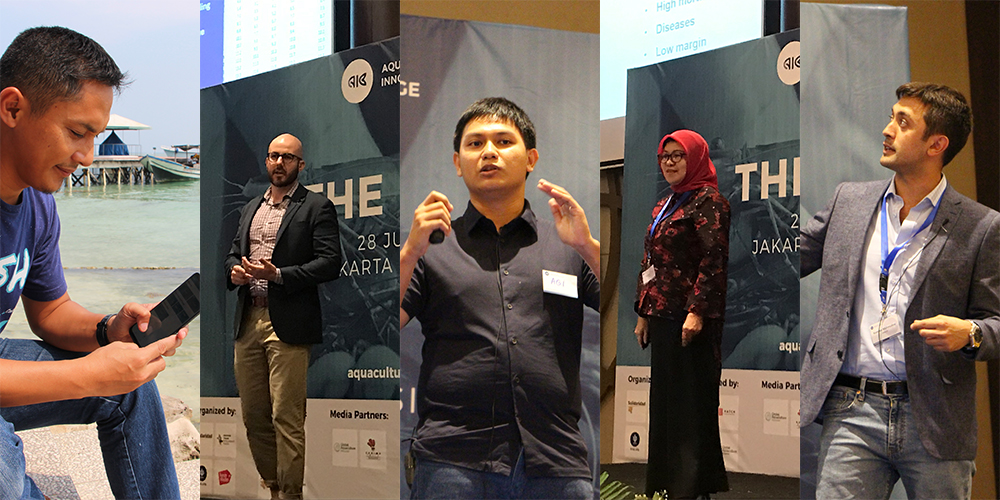
Innovation & Investment
Aquaculture Innovation Challenge taps startup spirit to lift Indonesia’s shrimp sector
The Aquaculture Innovation Challenge, a contest organized by Netherlands-based Seafood Trade Intelligence Portal, sought to give Indonesia’s struggling shrimp sector a boost.
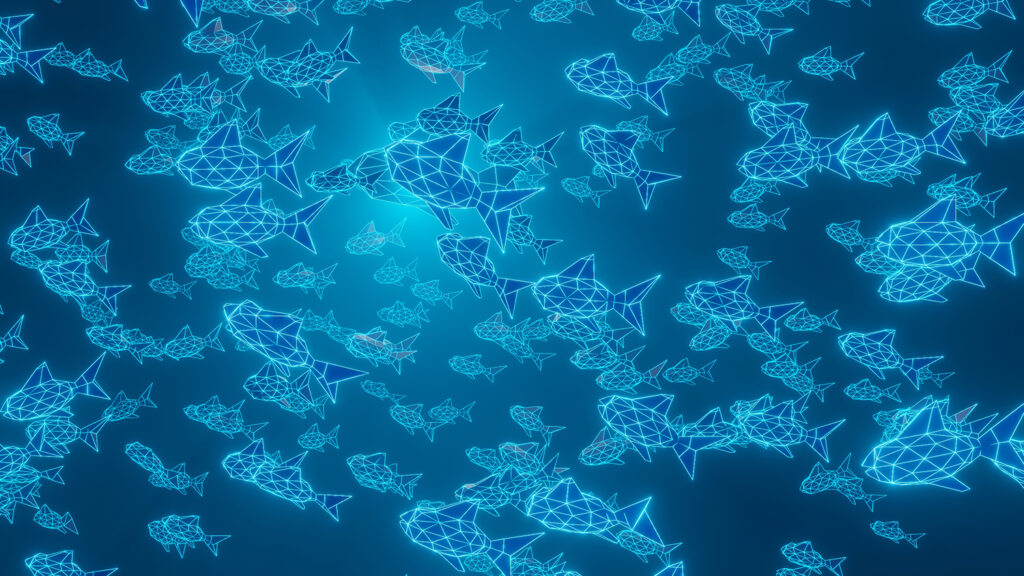
Innovation & Investment
‘AI ticks all the boxes’ and is proving to be a perfect match for aquaculture
Artificial intelligence (AI) is rippling through the aquaculture industry, promising greater efficiencies and insights, as well as investor interest.
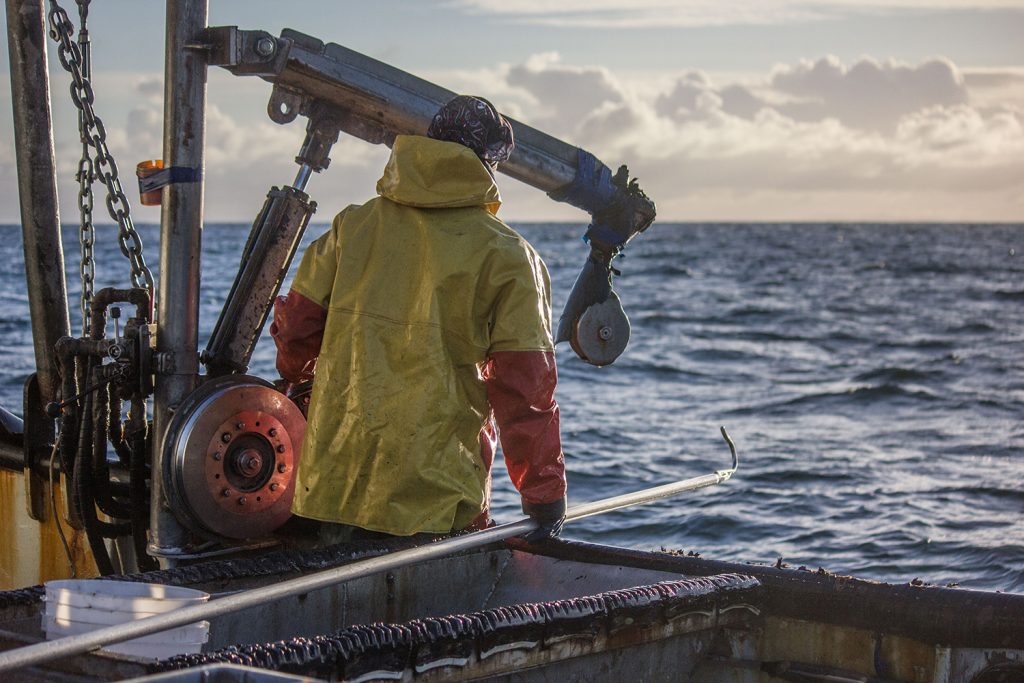
Fisheries
Artificial intelligence is already helping improve fisheries, but the trick is in training the tech
Artificial intelligence is providing valuable data to fisheries, cutting costs and the need for human review. Can the technology be perfected?
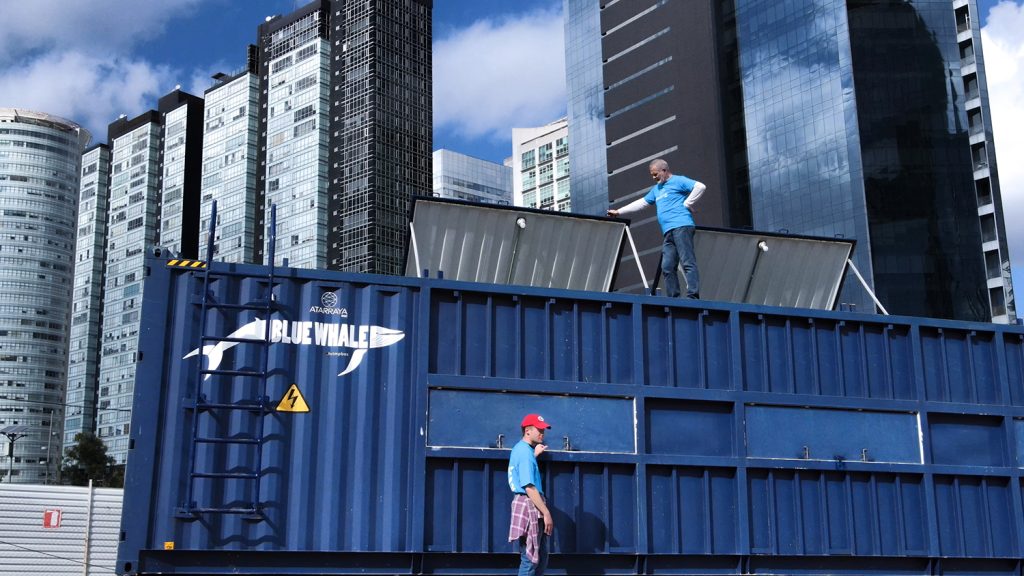
Innovation & Investment
‘Plug-and-play’ shrimp farm inventor out to prove that Shrimpbox is more than just a neat idea
Is Atarraya’s AI-enabled, biofloc-based Shrimpbox, one of TIME Magazine’s top inventions of 2022, a game-changer for urban shrimp aquaculture?



